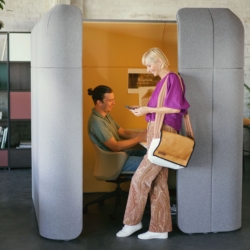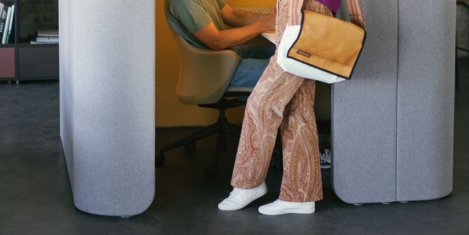To provide the best experiences, we use technologies like cookies to store and/or access device information. Consenting to these technologies will allow us to process data such as browsing behaviour or unique IDs on this site. Not consenting or withdrawing consent, may adversely affect certain features and functions.
The technical storage or access is strictly necessary for the legitimate purpose of enabling the use of a specific service explicitly requested by the subscriber or user, or for the sole purpose of carrying out the transmission of a communication over an electronic communications network.
The technical storage or access is necessary for the legitimate purpose of storing preferences that are not requested by the subscriber or user.
The technical storage or access that is used exclusively for statistical purposes.
The technical storage or access that is used exclusively for anonymous statistical purposes. Without a subpoena, voluntary compliance on the part of your Internet Service Provider, or additional records from a third party, information stored or retrieved for this purpose alone cannot usually be used to identify you.
The technical storage or access is required to create user profiles to send advertising, or to track the user on a website or across several websites for similar marketing purposes.
 A new study of office utilisation trends around the world suggests hybrid working patterns have largely settled, with average occupancy remaining well below pre-pandemic norms and peak attendance continuing to cluster midweek. The Hybrid Occupancy Index 2025–2026 [registration] published by workplace analytics firm HubStar, draws on data from more than 300 million square feet of office space across 173 buildings in 13 countries, covering more than 27,000 workspaces between January 2023 and December 2025. (more…)
A new study of office utilisation trends around the world suggests hybrid working patterns have largely settled, with average occupancy remaining well below pre-pandemic norms and peak attendance continuing to cluster midweek. The Hybrid Occupancy Index 2025–2026 [registration] published by workplace analytics firm HubStar, draws on data from more than 300 million square feet of office space across 173 buildings in 13 countries, covering more than 27,000 workspaces between January 2023 and December 2025. (more…)































